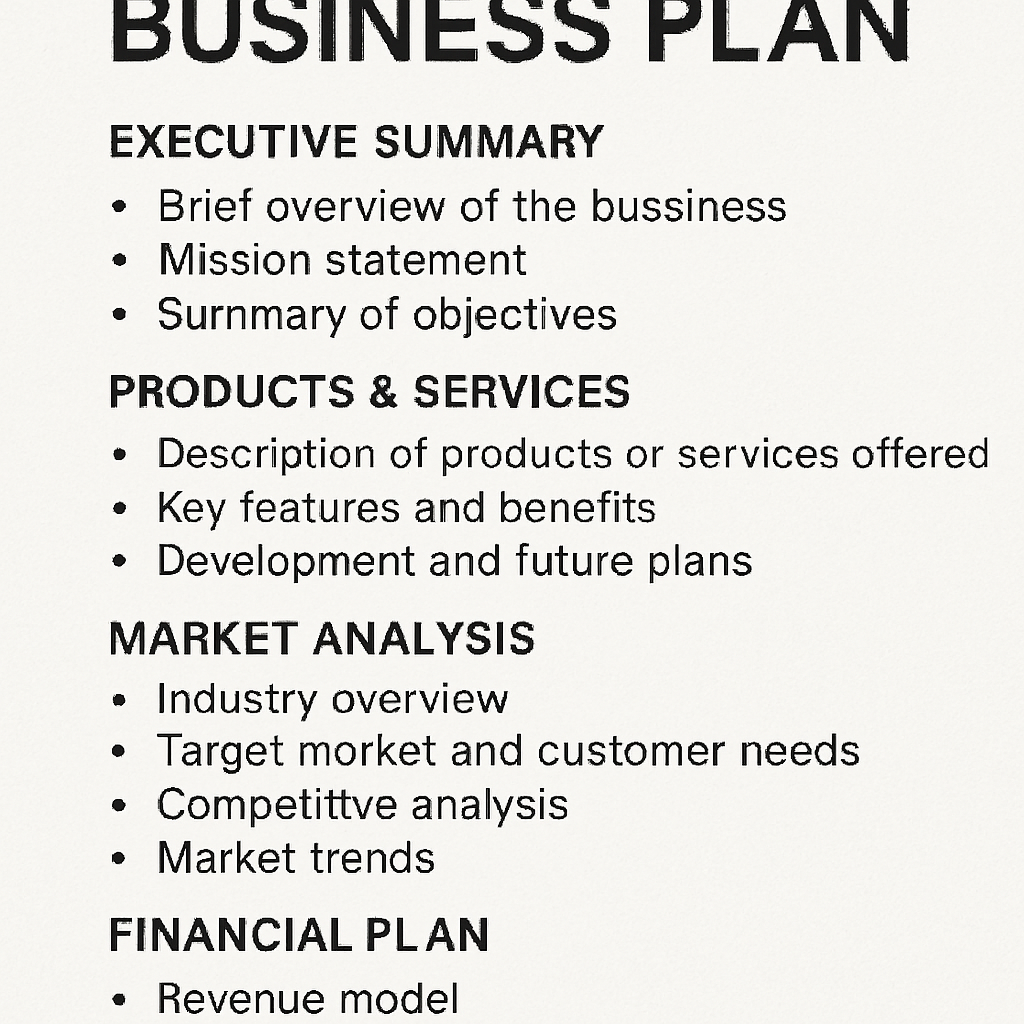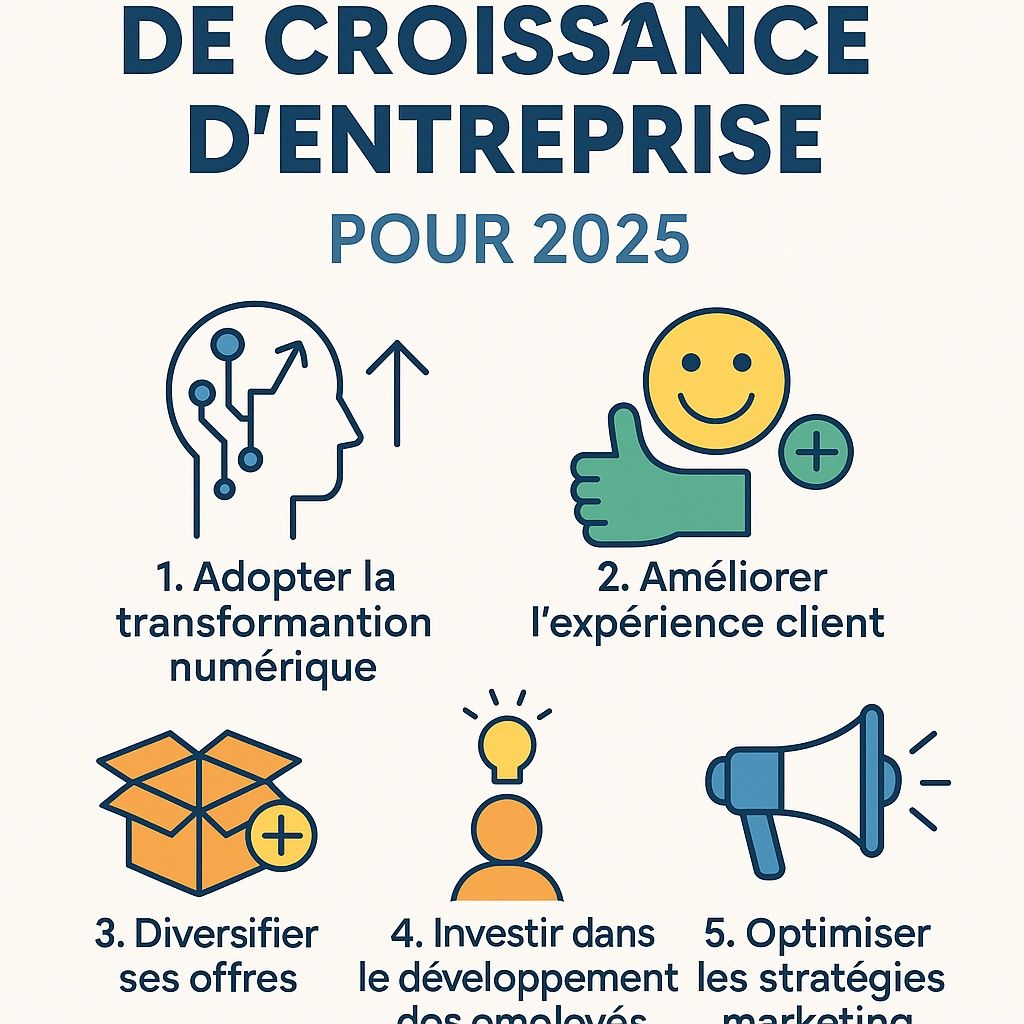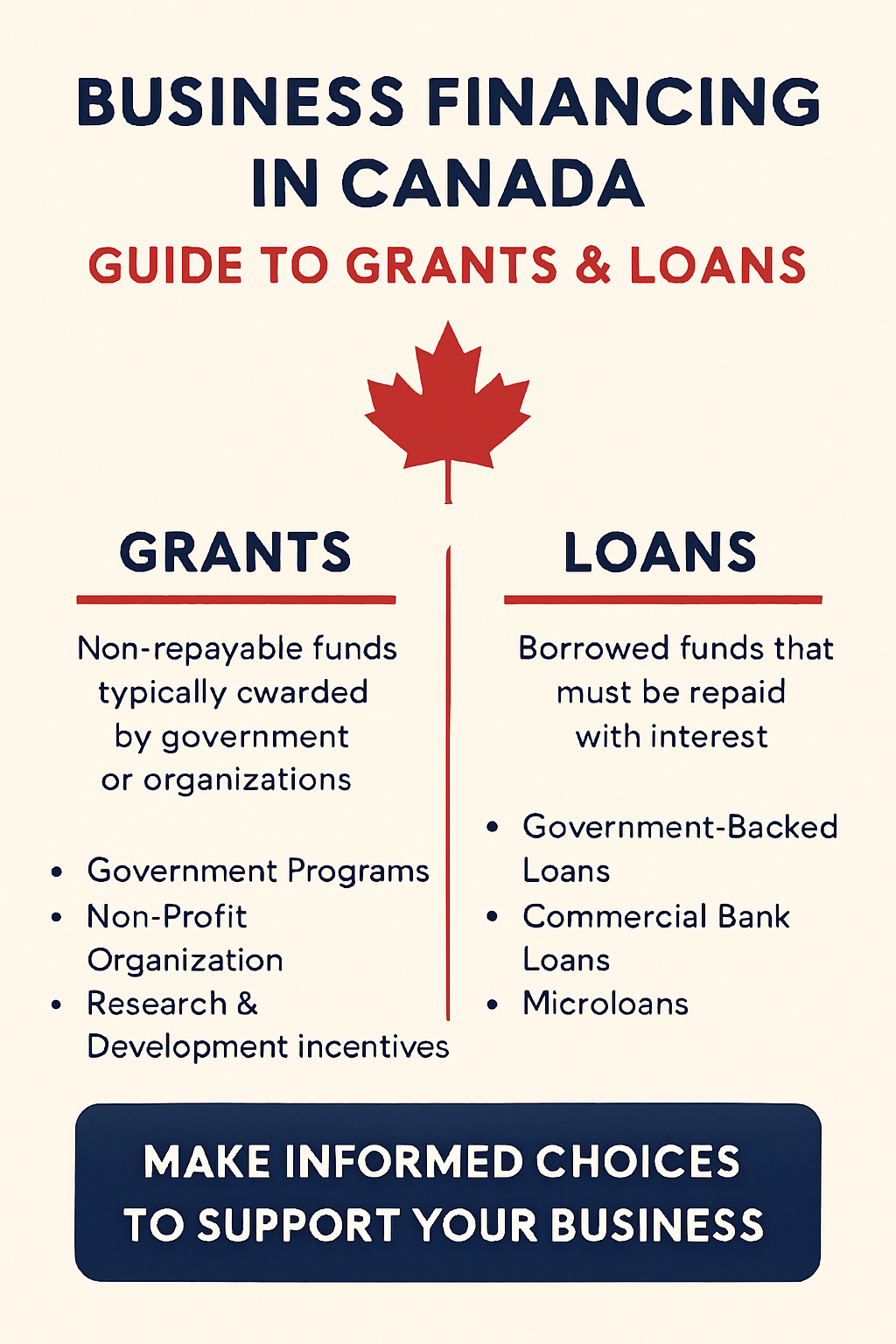Generating leads is essential for any business that wants to grow and succeed. It's the driving force behind your sales and marketing efforts. But how do you attract quality prospects that turn into customers?
Understanding the subtleties of lead generation can make all the difference. Whether you're in B2B or B2C, the strategies to adopt vary considerably. This guide explores concrete strategies, with a focus on effective actions: digital marketing, content creation, and much more.
Understanding Lead Generation: B2B vs B2C
Lead generation differs depending on whether you're targeting a B2B or B2C audience. Each sector requires specific approaches.
B2B :
- Longer sales cycle
- Several decision-makers involved
- Personalized and relationship-oriented approach
B2C :
- Quick decisions, sometimes impulsive
- Just one person to convince
- Emotional argumentation and direct needs
Knowing how to adapt your strategy based on your audience allows for maximizing the effectiveness of lead generation.
Identify and target the right audience
Without a clear target, your efforts may go unnoticed. It is crucial to understand who your potential customers are and what they are looking for.
Creating personas helps to represent your different customer segments. Consider the following:
- Demographics
- Interests
- Buying behaviors
Key steps :
- Analysis of your current customer base
- Competitor observation
- Surveys and direct feedback
Accurate targeting not only improves lead generation, but also customer satisfaction.
Best digital channels for generating leads
Digital channels offer unique opportunities to attract leads. Among the most effective:
Social media :
- Targeted advertising (LinkedIn, Facebook)
- Community engagement
Email marketing :
- Personalized communication
- Customer retention and re-engagement
SEO :
- Qualified organic traffic
- Increased visibility on Google
Using these channels strategically allows for the creation of a robust lead generation system.
Inbound vs Outbound: which strategy to choose?
Inbound : attracts leads through high-quality content and a strong web presence.
- SEO, blogs, social networks
- Non-intrusive approach
Outbound : actively seeks out prospects.
- Cold calling, advertising, prospecting email
- More direct strategy
The right inbound/outbound mix depends on your industry, budget, and marketing maturity.
Optimize your website and landing pages
Your website is the center of your digital presence. A well-designed site increases your conversions.
Optimization Tips :
- Fast loading speed
- Design responsive (mobile-friendly)
- Clear and compelling CTAs
Landing pages should be targeted and concise. A good headline, a clear message, and a simple form are sufficient.
Create engaging content and lead magnets
Content naturally attracts prospects. It should be:
- Informative
- Credible
- Relevant to your audience
Examples of effective lead magnets :
- Guides PDF
- Webinars
- Exclusive offers or free trials
Good content also strengthens your credibility and authority in your field.
Leverage social proof and partnerships
Social proof reassures your prospects.
Popular shapes :
- Customer reviews
- Case studies
- Influencer recommendations
Strategic partnerships (e.g., co-marketing) allow you to expand your audience.
Lead nurturing and management
Nurturing is the process of maintaining leads. This involves:
- Sending personalized emails
- Sharing useful content
- Regular follow-up
Useful tools :
- CRM (Customer Relationship Management)
- Automation software
- Behavioral analysis
Good management maximizes the conversion of your prospects.
Measure, test, and improve your efforts
KPIs (key performance indicators) are essential:
- Conversion rate
- Cost per lead
- Campaign ROI
Tips :
- A/B testing of your landing pages and emails
- Continuous analysis of results
- Data-driven adjustments
Continuous improvement is the key to a sustainable lead generation strategy.
Conclusion: towards a sustainable lead generation system
Generating leads effectively relies on a balance between tools, content, targeting, and analysis. Align your marketing and sales efforts. Stay tuned to trends. Test, optimize, progress.
By focusing on a comprehensive and scalable strategy, you are building an efficient and sustainable lead generation system.



 Carl Lucier
Carl Lucier
